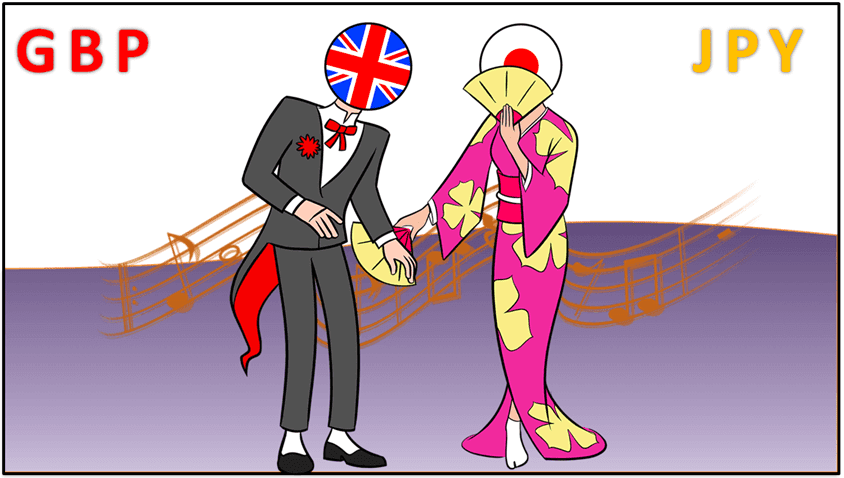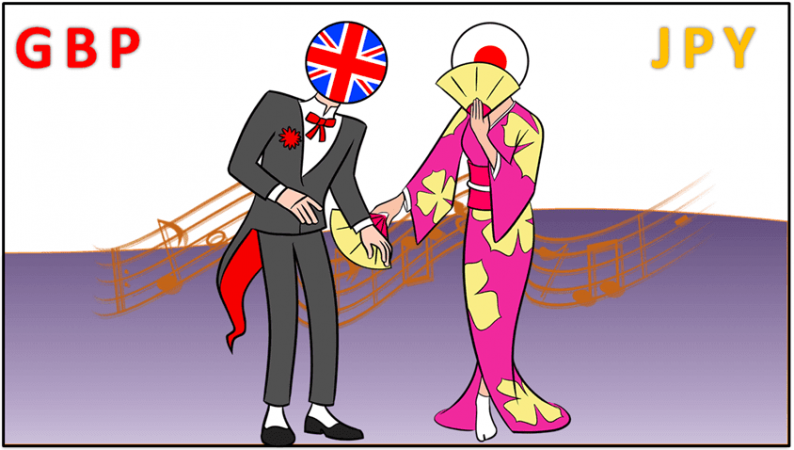The US dollar is broadly mixed against the major currencies. The Swiss franc’s 0.25% gain puts it at the top of the board, after sterling’s earlier gains were largely unwound in late-morning turnover.

The yen is the weakest major; extending its loss by 0.6%, to bring the weekly decline to more than 5%. The pre-referendum result high for the dollar was near JPY106.85. Today’s high has been about JPY106.30. In emerging markets, we note that the Taiwanese dollar is at 11-month highs, helped by $3 bln portfolio capital inflow this week.
MSCI Asia-Pacific equity index was up 0.35%. It has been up every session this week. European shares are struggling with the Dow Jones Stoxx 600 off 0.5%, led by consumer discretionary and information technology. Travel and leisure pressure was linked to the terrorist attack. Asia-Pacific and European bonds are trading with a small downside bias, while US Treasuries are flat ahead of the slew of data.
This week has largely been about sterling’s sharp recovery and the yen’s drop. After dropping like a rock on news of Brexit, sterling jumped 3.6% this week, the biggest advance in more than a decade. It was helped yesterday by the BOE’s stand pat decision.
The yen has gone in the opposite direction. It has lost 5% against the dollar. It has not seen a weekly decline of this magnitude in more than fifteen years. Ideas that Japan will double down on Abenomics with new stimulative monetary and fiscal measures, with some risk of “helicopter money” whatever that means, encouraging yen sales and Japanese equity purchases. The Nikkei gained 9.2% this week.
It is not clear if Bernanke proposed that the Japanese government issue non-market perpetual bonds which the BOJ buys, or if his comments did not undermine such preexisting proposals in the internal discussion among policymakers. Even if this is a possibility, it is not a near-term course. The BOJ, like many other central banks, are barred by their charter, to buy bonds directly from the government. Nevertheless, if the Abe government opts for a JPY10 trillion fresh water debt-financed spending program and the BOJ increases its JGB purchases by JPY10 trillion, the immediate results would be the same.










Leave A Comment